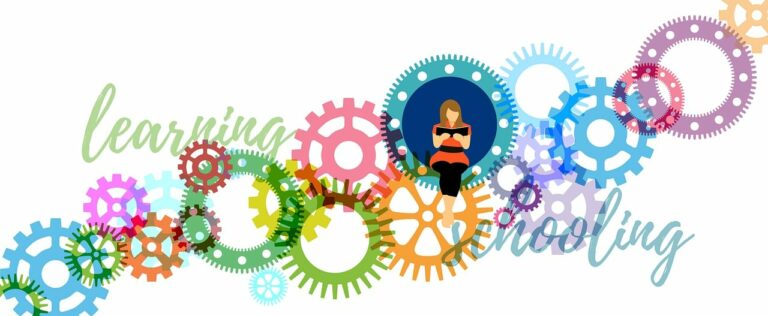The Importance of Career and Technical Education
bet bhai.com, cricket99 bet login, diamondexch9.com:Career and Technical Education (CTE) plays a crucial role in preparing students for the workforce by providing them with the skills and knowledge needed to succeed in various industries. Unlike traditional academic programs, CTE focuses on hands-on, practical training that prepares students for specific careers, such as healthcare, information technology, automotive technology, and more.
Here are some reasons why Career and Technical Education is important:
1. Practical Skills: CTE programs offer hands-on training in specific trades, giving students the opportunity to develop practical skills that are directly applicable to the workplace.
2. Career Readiness: CTE programs prepare students for the workforce by teaching them industry-specific skills and knowledge, making them more competitive in the job market.
3. Job Placement: Many CTE programs have partnerships with local businesses and industries, which can lead to job placement opportunities for students upon graduation.
4. Higher Earning Potential: Graduates of CTE programs often have higher earning potential than those with only a high school diploma, as they are equipped with specialized skills that are in demand in the job market.
5. Flexibility: CTE programs offer a wide range of courses and specializations, allowing students to choose a career path that aligns with their interests and goals.
6. Lifelong Learning: CTE programs emphasize the importance of continuous learning and professional development, helping students stay competitive in an ever-evolving job market.
7. Hands-On Experience: CTE programs allow students to gain hands-on experience in their chosen field, giving them a competitive edge when applying for jobs.
8. Industry Connections: Many CTE programs have partnerships with local businesses and industries, providing students with networking opportunities and access to potential employers.
9. Personalized Learning: CTE programs offer personalized instruction and support, allowing students to learn at their own pace and focus on areas where they need additional help.
10. Transferable Skills: The skills learned in CTE programs, such as problem-solving, critical thinking, and communication, are transferable to a wide range of industries and can be valuable in any career.
In conclusion, Career and Technical Education is an essential component of the education system, providing students with the skills and knowledge needed to succeed in the workforce. By investing in CTE programs, schools can help students build a solid foundation for their future careers and contribute to a skilled and competitive workforce.
—
**FAQs**
1. What is the difference between Career and Technical Education (CTE) and traditional academic programs?
CTE programs focus on hands-on, practical training for specific careers, while traditional academic programs are more theoretical and broad in scope.
2. Are there opportunities for further education after completing a CTE program?
Yes, many CTE programs offer pathways to higher education, such as associate’s degrees or certifications, which can lead to more advanced career opportunities.
3. How can students find CTE programs in their area?
Students can contact their school guidance counselor or visit the website of their local school district to learn more about available CTE programs in their area.







